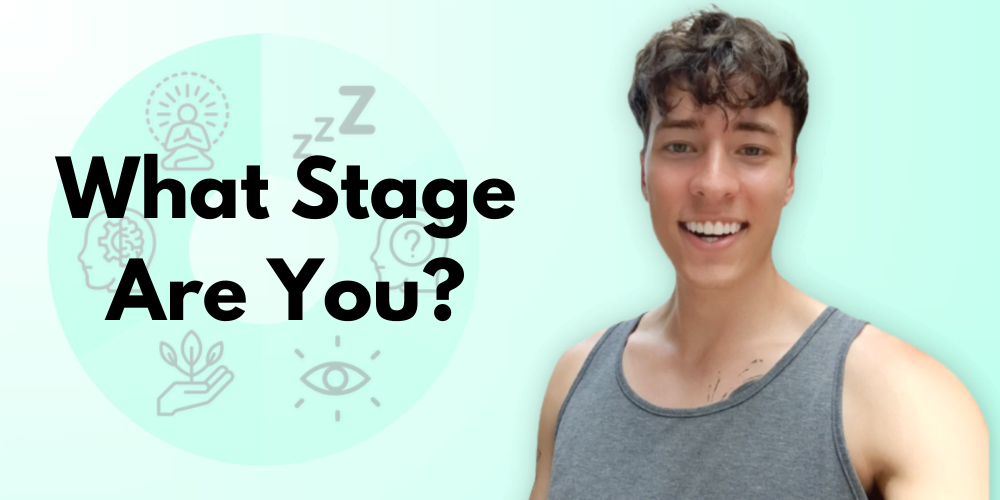Is Meditation Pointless?
The Buddhists have a famous saying, “Zazen is good for nothing” – Kodo Sawaki Roshi Zazen is the Buddhist tradition’s form of meditation. If meditation is good for nothing why do Buddhists meditate all the time? Well, that’s the joke in a sense. When you hear that saying the first time you’ll think meditation is pointless. But the more you meditate the more you’ll see what they truly were saying. Meditation is good for nothing. Perhaps by the end of this article, you’ll understand the true meaning of that. Meditation is not pointless. Though the practice can seem monotonous, boring, and pointless there are actually dozens of proven benefits. Meditation can help you make great strides in many areas of your life from developing spiritually to improving your sense of wellbeing. > see my article, “How to Transform Your Life With Meditation” Why meditation Can Seem pointless Meditation can at times seem pointless, purposeless, and boring. You may be thinking “should I be wasting 10 minutes everyday doing essentially nothing?” Despite the many benefits, meditation in the beginning can feel a bit pointless. It feels like you’re wasting your time When you sit down to meditate you’re actively doing nothing. You’re intentionally doing absolutely nothing for 10-20 minutes or more. This can really seem like a waste of time. Remember the Buddhist saying! “meditation is good for nothing”. Why should you waste your time on doing absolutely nothing? ‘Nothing’ is actually incredibly beneficial. In meditation you’re fostering that nothingness. It’s in the practice of doing nothing that the benefits arise. Though it may feel like a waste of time, sitting down to meditate is fostering slow growing benefits that accumulate with practice. You’re not seeing any benefits yet If you’re in the beginning of building your meditation habit you may feel like meditation is pointless simply because you haven’t tasted the sweet benefits that meditation has to offer. Like all good things, this will take time too. Though there are some immediate benefits to meditation, a lot of the truly life changing benefits come weeks, months, and years into a meditation practice. This doesn’t mean that meditation is pointless though. Even if you only want short term benefits, meditation can still help you. But the super profound mental shifts you might have been promised will take time. Meditation can be hard and frankly boring Establishing a meditation practice is hard. Getting yourself to sit for 10 or more minutes a day for meditation truly isn’t an easy thing. Especially at the beginning. Meditation is hard because it’s boring. We as human beings like to be doing things, building, and learning. Meditation seems like the complete opposite of an enjoyable task. You may have other more pressing things in your life that would be far more interesting to attend to. To get past this meditation struggle you need to shift your perspective. View meditation as a building, doing, and learning activity. Although yes, you are slowing down and doing nothing, you are actively slowing down and doing nothing. It’s important to see that you’re meditating for the purpose of building a better mind, learning more about yourself, and nurturing your spirit. > see my article “Struggling to Meditate? 7 Common Issues And Their Solutions” The benefits of meditation The truth is that meditation truly isn’t pointless. There are so many benefits for your mind, body, and spirit that come alongside a meditation practice. Here are some of the benefits you could see if you stick with your meditation practice. Benefits for the mind Benefits for the body Benefits for the spirit Meditation is good for nothing… So yes, meditation is good for nothing… well actively doing nothing. And doing nothing (meditating) has so many benefits for your life in the short term and long term. Yes, meditation may seem pointless at the beginning. Especially when building the habit of meditation can be boring and difficult. But you’ll find out for yourself if you keep at it for just 10 minutes a day. You’ll come to find the meditation is NOT pointless.



